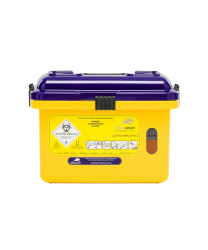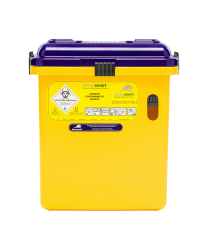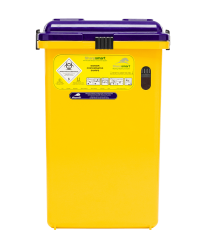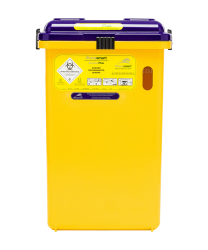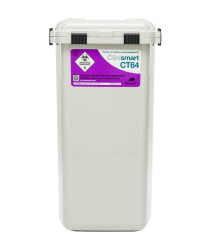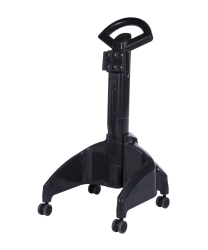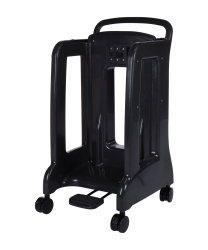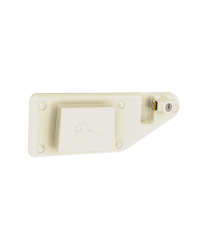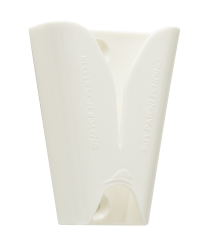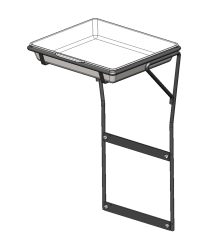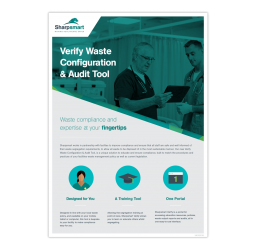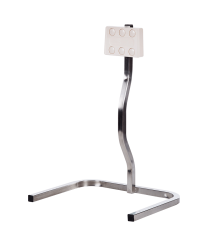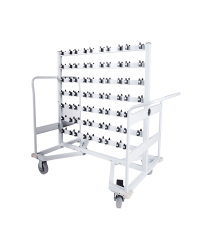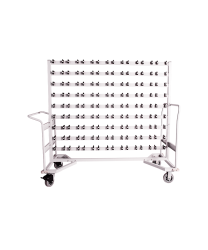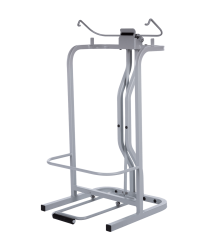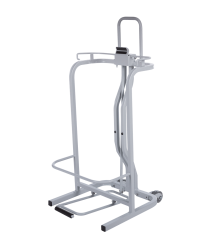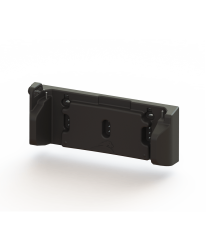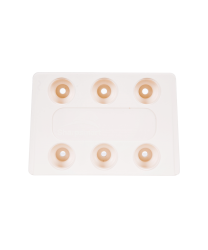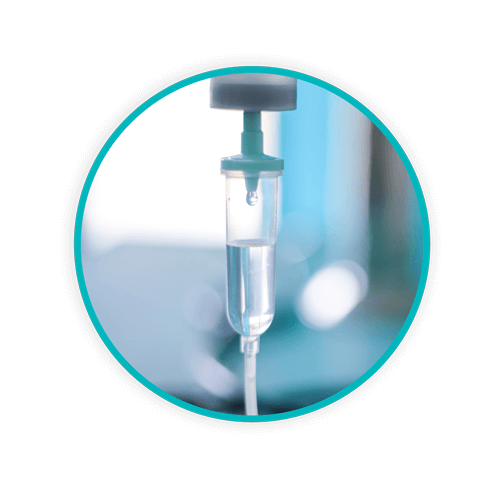Cytotoxic Waste Disposal – Driven by Safety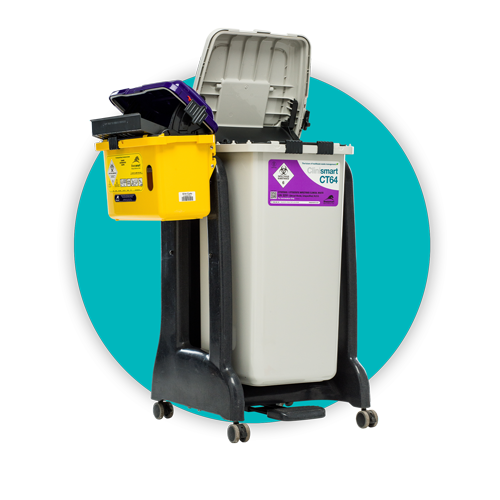
Sharpsmart has created first-class solutions for cytotoxic waste disposal that are clinically designed to improve segregation practices and minimise cross-contamination.
The safe and compliant disposal of cytotoxic waste is crucial as it’s a clinical waste type possessing one or more of the following hazardous properties: toxic, carcinogenic, toxic for reproduction, or mutagenic. Cytotoxic and cytostatic waste consists of some of the most dangerous drugs used in healthcare and any materials contaminated with them.
At Sharpsmart, we go beyond just collecting your waste. We ensure you have the safest containment solutions in place and work with clinical staff within the four walls of your facility to provide training and education to ensure compliant segregation and safe disposal of cytotoxic waste.
Request a quote or contact us for more details about our cytotoxic waste disposal service.
Contact Us
How to Dispose of Cytotoxic Waste
The cytotoxic waste disposal procedure is best started at the point of care as safe handling and correct segregation in compliance with the Healthcare Technical Memorandum (HTM) 07-01 is essential for protecting human health and the environment. By following these steps, you can ensure safe and compliant disposal:
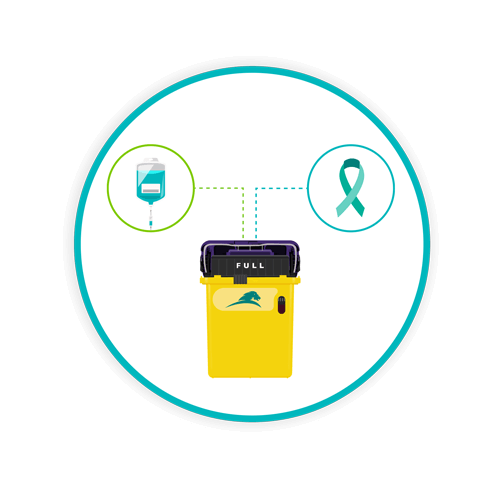
Identify and Segregate
Disposal begins with correctly identifying cytotoxic waste and segregating it accordingly. With cytotoxic and cytostatic drugs among the most dangerous used in healthcare, it’s vital to get this right. Correct segregation involves understanding hospital waste bin colour codes and the corresponding EWC codes for your waste.
Use the Correct Bin
There are many different types of bins used in hospitals and healthcare environments, for cytotoxic and cytostatic waste disposal, it’s the purple bags and purple lid containers you’ll need to use. Sharpsmart’s reusable cytotoxic waste containers are a bagless system with a purple lid, and our 64-litre cytotoxic waste containers have a colour-coded sticker.
Where Does Cytotoxic Waste Go? Professional Collection Options
Regularly scheduled pickups by certified waste contractors that specialise in handling various types of clinical waste such as cytotoxic waste, ensuring that it’s transported and treated according to legal and safety standards. This step is vital for safeguarding public health, as well as complying with regulations on a local and national level.
 What Happens to Cytotoxic Waste? Treatment and Disposal
What Happens to Cytotoxic Waste? Treatment and Disposal
As a high-risk waste that poses danger to public health or the environment, cytotoxic waste requires treatment through high-temperature incineration at an authorised facility. This method effectively neutralises harmful pathogens and chemicals, reducing the risk of any adverse environmental impact.
Environmental Considerations
The improper handling of cytotoxic waste poses significant risks to human health and the environment. Effective waste management and compliant segregation isn’t only a regulatory requirement, but also a moral and ethical obligation. By understanding the correct procedures and enlisting the help of licensed specialists, you can minimise your environmental impact and protect public safety.




